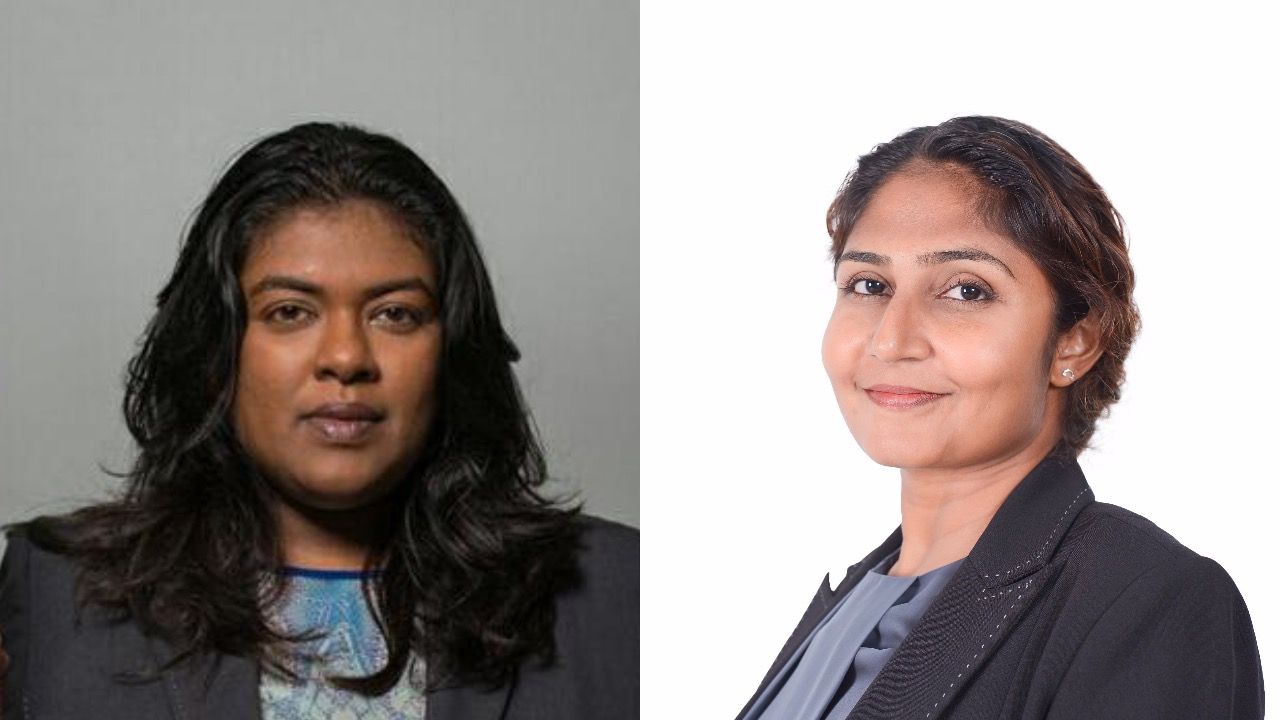Female judges nominated to Supreme Court over opposition from clerics
Sheikhs contend women cannot serve as judges.

24 Aug 2019, 09:00
President Ibrahim Mohamed Solih on Thursday nominated former judges Aisha Shujune Mohamed and Dr Azmiralda Zahir to the Supreme Court, sparking a backlash from religious scholars who contend that Islam prohibits women from serving as judges.
Shujune, who resigned from the civil court in 2014, was among the first two female judges appointed to the bench in 2007. A former dean of the faculty of shariah and law at the Maldives National University, Dr Azmiralda Zahir was the most senior female judge in the country until her resignation from the High Court in May 2016.
The nominees are expected to sail through as Solih’s Maldivian Democratic Party controls a nearly three-quarters majority of the 87-member parliament.
Shujune and Azmiralda would become the first women to serve on the highest court since its inception in 2008.
Become a member
Get full access to our archive and personalise your experience.
Already a member?
Discussion
No comments yet. Be the first to share your thoughts!
No comments yet. Be the first to join the conversation!
Join the Conversation
Sign in to share your thoughts under an alias and take part in the discussion. Independent journalism thrives on open, respectful debate — your voice matters.




